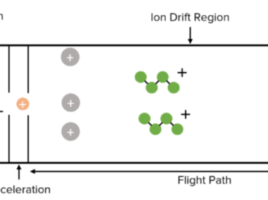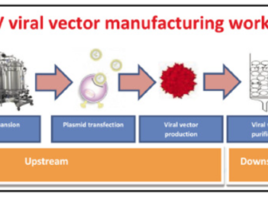
Atypical Myopathy Testing
Atypical myopathy in horses is a severe and frequently lethal equine disease. Its cause is suspected to be the ingestion of a toxin and it develops sporadically. This illness causes a muscle disorder that progresses rapidly, with the characteristic of degeneration and necrosis of postural, respiratory and lingual muscles. The word “atypical” represents the fact that it is distinctive from other well established myopathies that have a recognized origin and cause. Nevertheless, there are findings that point to Hypoglycin A and its principal metabolite (MCPA carnitine) being associated with atypical myopathy.
Symptoms
Some of the most common clinical findings are:
- Weakened muscles and muscle tremors
- Apathy
- Stiffness
- Lethargy
- Dark colour urine (red or brown)
- Respiratory insufficiency
- Fast or laboured breathing
- Fast and irregular heartbeat
- Choke
- Head tossing or low head carriage
- Collapse
- Coma
- Death: Fatal prognosis with a mortality rate of 89% with death occurring by 72 hours due to respiratory failure and/or cardiac damage.
Laboratory data includes a very marked elevation of muscle-specific serum enzymes, such as aspartate aminotransferase (AST), creatine phosphokinase (CPK) and lactate dehydrogenase (LDH); hypocalcemia and myoglobinuria.
Hypoglycin A
It is a toxin found in the seeds of some maples, particularly American maple and sycamore seeds. In the UK, every case has been associated with the European Sycamore. When the horses ingest any part of this plant, hypoglycin A is converted to methyl cyclopropyl acetic acid (MCPA), a compound that doesn’t allow the absorption and metabolism of fatty acids. Subsequently, the muscles will no longer obtain energy and will progressively be damaged. The respiratory and cardiac systems are also endangered, since the lung and heart muscles cease to function, the reason why it takes so little time for this intoxication to end with the horse’s life.
It mostly occurs during spring and autumn, since there are a greater amount of seedlings, seeds or leaves on the pasture. It was thought to happen primarily in young horses, but over the last few years there has been a rising number in cases of horses from all ages and all management routines, not just grazing bare pastures.
Testing Plant Material for Hypoglycin A (HGA)
We offer offer testing of seeds, leaves and seedlings for the Hypoglycin A toxin known to cause atypical myopathy. To find out if plant samples on your property contain the toxin, owners can submit these samples directly to the RVC. Please read the atypical myopathy information sheet to learn more on atypical myopathy and how to collect samples. Payment is required upon submission via debit/credit card. Please follow this link to the RVC website to complete your submission form.
Testing Horse Serum for HGA and its metabolite.
We also test Serum for the toxin and one of the main metabolites. This is arranged through your vet. Please follow this link to the RVC website for more information.


